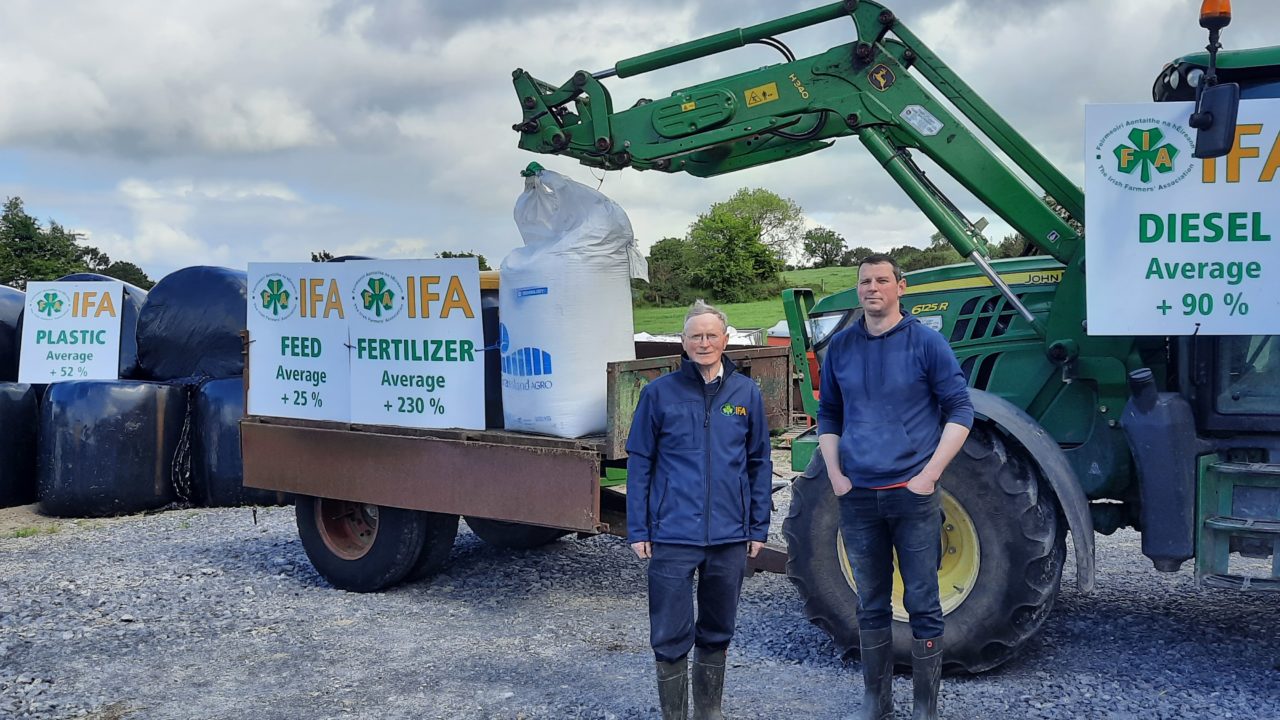The chairperson of an Irish Farmers’ Association (IFA) county executive is calling on Minister for Agriculture, Food and the Marine Charlie McConalogue to announce the details of the silage support scheme “before it’s too late”.
Mayo IFA chairperson Jarlath Walsh was speaking on Friday (June 3) after he held a meeting with local politicians on his farm.
Walsh said that it is “essential” that details of the scheme are announced now.
The scheme, which was announced last month, is set to pay farmers €100/ha for all silage cut up to 10ha, for a total potential payment of €1,000/farmer.
“We are now in the month of June and the best grass-growing month of May has already passed,” the Knock-based farmer said.
Walsh, who farms in partnership with his wife Anne and son Danny, argued that it was time for Minister McConalogue to announce further details of the scheme.
However, even with that scheme in place, the Mayo IFA chair said that further aid will be needed as the year goes on to help farmers secure enough winter fodder for the 2022-2023 winter period.
“Immediate measures to help alleviate input costs on farms are needed from government,” Walsh concluded.
Similar concerns around fodder for this year were raised directly with the minister at the annual general meeting (AGM) of the Irish Natural and Hill Farmers’ Association (INHFA) last week.
The INHFA told the minister that additional support on top of the silage support scheme would be necessary.
The AGM was held last Thursday (June 2) with the minister in attendance. The farm organisation called for further support to assist farmers with spiraling costs.
Vincent Roddy, the INHFA president, said in his closing address that farmers “need support and certainty”, and called on the minister to “consider top-up payments to existing schemes, such as the Sheep Welfare Scheme, our suckler support schemes and the Areas of Natural Constraints [ANC] scheme as a mechanism to pay farmers”.
Roddy welcomed the measures announced last month to support farmers in making hay and silage. However, he noted: “There are some farmers, especially in hill areas, that are not in the position to make hay or silage, and who buy-in all their fodder supplies.”
